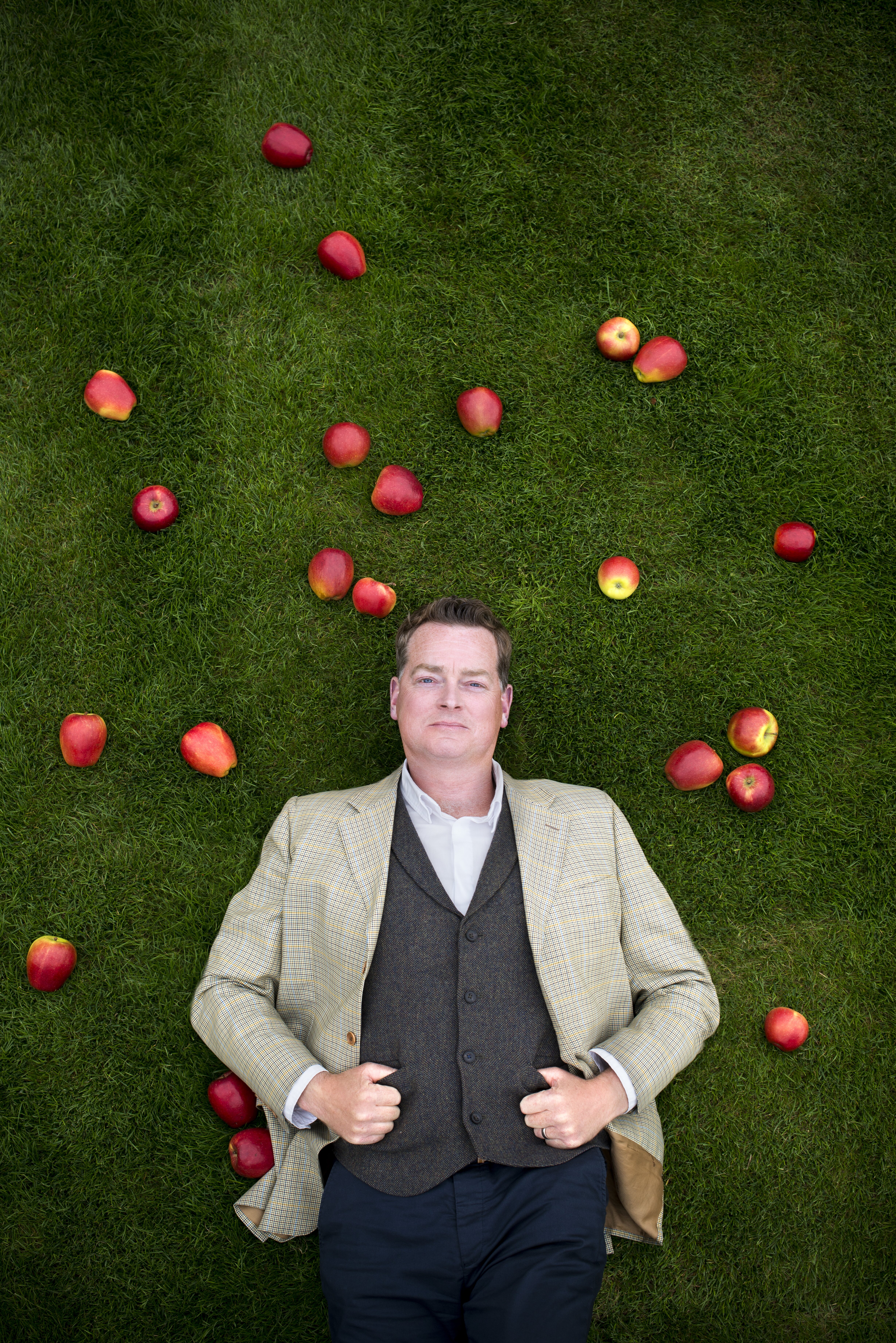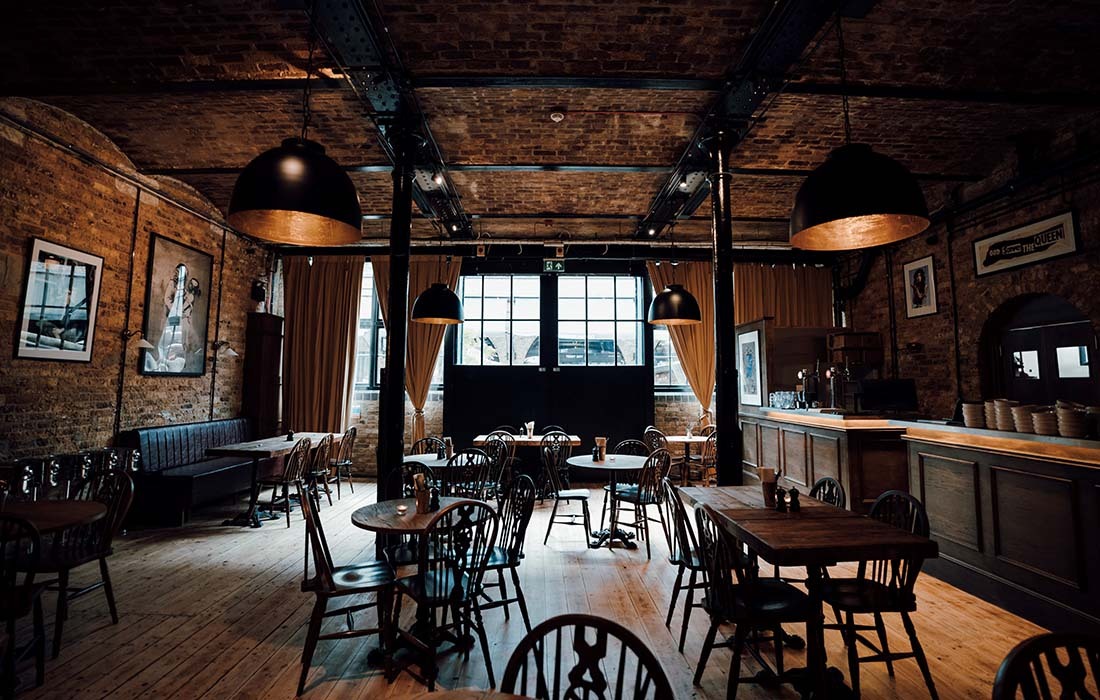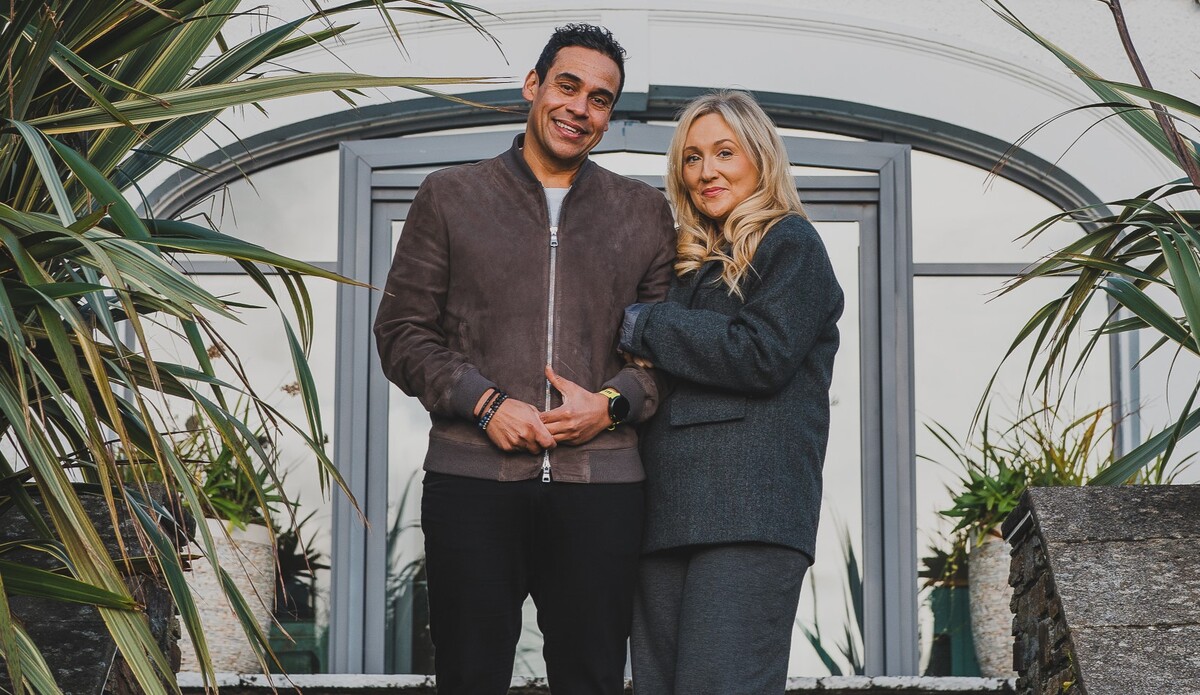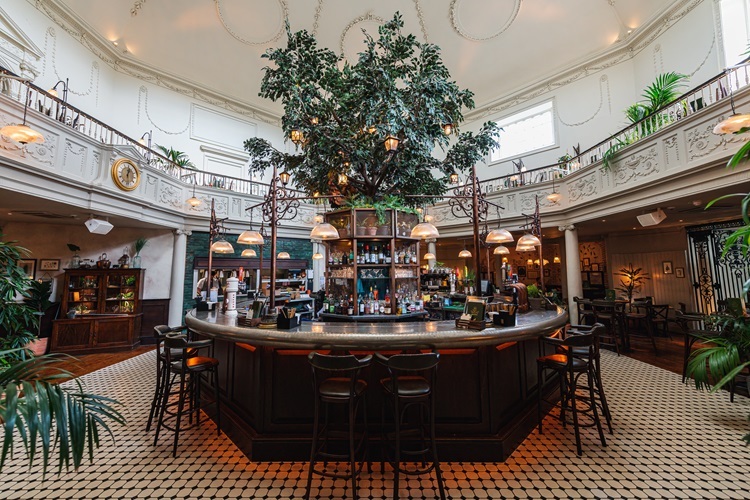Minute on the clock: Greg Carnell, cellar master, the Newt
The cellar master at the Newt hotel in Somerset talks to Katherine Price about his passion for everything cyder, cider’s rather more refined cousin, and why more people should appreciate it just like the finest wines
How and why did you move into cyder making?
Around 10 years ago, a friend from the village of Galhampton asked if I’d like to have a go at pressing a few apples to make a gallon of cyder. Morgan Sweet was the variety – a very early maturing cyder apple [September] that Somerset children have been scrumping for years. It can be eaten and also makes a light, aromatic cyder that ferments quickly and is ready to drink for Christmas.
I took the gallon of juice home to Castle Cary and was absolutely fascinated watching it fizz and froth and turn into golden cyder. From that moment I was hooked. I then planted my own traditional Somerset cyder apple orchard and created a small, artisan business.
What does your job involve?
The most important aspect is being an ambassador for our cyder – engaging visitors and guests with our passion for it and its place in Somerset heritage. I manage everything cyder-related, from looking after our orchards to installing tanks, planning tastings and developing the product range.
I am so lucky to manage a great team and work closely with our fantastic cyder maker, Paul Ross, whose passion, skill and technical knowledge are second to none. We are a close team, having set up the operation here since I recruited him in October 2018. In January this year we brought in Dominic Gover, a fully trained wine maker, who really strengthens the team.
Why is Somerset so well-known for its cyder and how is the Newt tapping into that?
Somerset has fantastic soil and climate, perfect for growing apples and making cyder – it has been going on here for centuries. Go out into the farmlands of Somerset and you will see ancient orchards dotted about and old barns still containing the farmers’ cyder press – years of tradition, romance and stories, and some of them still making cyder today.
We celebrate Somerset, the apple and the traditional cyder orchards: ‘standard’ trees that take the landscape back to the mid-18th century, the ‘golden age’ of cyder. Our legacy orchards will last for more than 100 years; our children and grandchildren will one day drink cyder from these small trees.
Our children and grandchildren will one day drink cyder from these small trees
Why is it cyder instead of cider?
During the Golden Age, gentlemen would sip fine, sparkling cyder – bottle-fermented, just as Champagne is made – from crystal flutes. This fine cyder was spelt with a “y”, to differentiate it from the farm labourers’ scrumpy or rough cider spelt with an “i”. These glass flutes can still be seen in the cyder museum at Hereford – the best collection of 18th-century cyder glassware.
What is rosé cyder?
Our fine rosé cyder is made from juice from the Redlove apple – a hybrid created by Markus Kobelt in Switzerland that has red flesh and skin. Our cyder maker Paul Ross chose it for its exceptional aromatic and flavour qualities.
Our rosé is made by pressing the apple, collecting the dark crimson juice and fermenting it under very cold conditions in our cellar. There are no colour enhancers or flavourings – the rest is a trade secret developed by Paul.
What would you pair it with?
Spicy antipasti, goats’ cheese or mozzarella – though my lovely wife and I did enjoy a cold glass with Somerset strawberries and a dollop of cream.
Can cyder be appreciated in the same way as wine?
Absolutely, yes! That is my aspiration – to raise the perceived value of cyder to that of wine. It’s all about fruit quality, meticulous making, the very best equipment – but most of all, passion.
We drink from wine glasses and tastings are conducted just as you would for a wine; savouring the clarity and colour, enjoying the aromatics delivered by both the apple character and the qualities of the fermentation process. We consider attributes such as acidity, astringency, body and balance – it’s all about balance. Worthy of note, all our West Country cyders capture the natural sugars from the apple – we never add sugar or sweeteners.
What would your advice be to someone in hospitality looking to expand their knowledge on cyder?
Look up Gabe Cook, ‘the Ciderologist’. He runs great courses in London, on the South Bank, for beginners, advanced, judging, and finally the qualification – pommelier. He is a massive advocate of raising the perceived value of cyder. You can also sign up to our new cyder club and e-newsletter to hear more from me and my team here at the Newt – we’re planning some exciting ways to share our knowledge with budding cyder makers.















